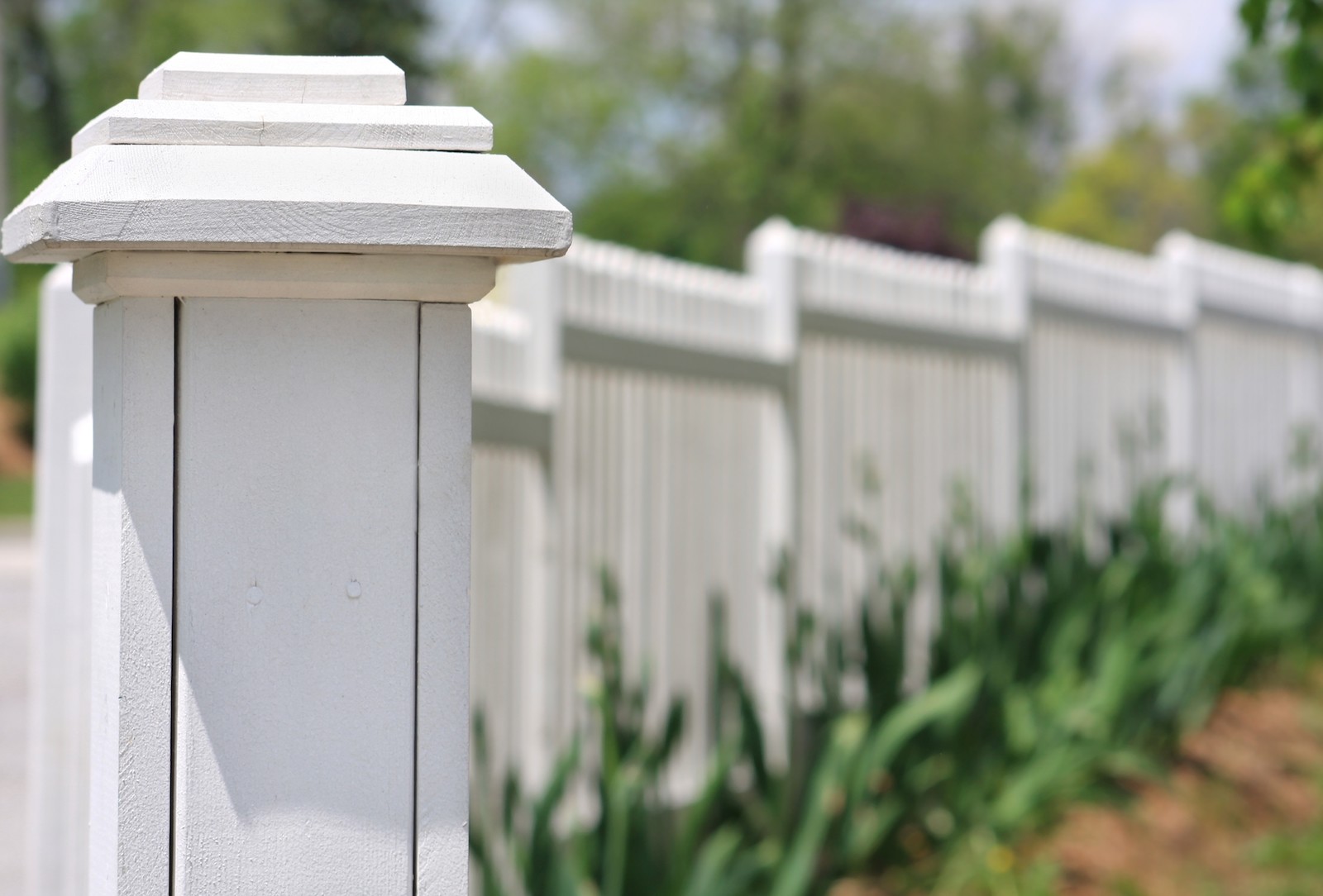NSW Fencing Disputes
Neighbourhood disputes over a shared fence are all too common, especially when it comes to repairs, replacement or even modification of an existing structure.
If built on a common boundary, a dividing fence is owned equally by adjoining neighbours and shared responsibility is a must, however, this is not always the case. By law, a dividing fence is shared property so consultation is necessary before any adjustments are made unless there are court orders or other agreements in place. If discussions are approached incorrectly, disputes can escalate fast. Lees & Givney can provide guidance before a fencing dispute gets out of hand.
Fence requirements
A fence must not only provide privacy but be built to a set of standard requirements. A residential backyard fence is limited by council requirements, land tile covenants or NSW government exemptions. As we know, a fence can be constructed with any number of materials including timber, bricks and concrete but can also be naturally made from trees or bushes.
Common fencing disputes
A fencing dispute can arise if neighbours are unable to agree about details relating to the construction or maintenance of, or changes deemed necessary to, a fence. Most commonly, disagreements vary in severity, however they usually arise in relation to:
- the cost of the fence,
- how costs are to be shared,
- the type of fence,
- the placement of the fence,
- instances where damage has been made to an existing fence as a result of work being undertaken on a neighbour’s property.
Even when neighbours have a good long-standing relationship, a different viewpoint can turn sour when either party feels that their concerns and expectations are not being regarded.
How to deal with a fence dispute
It is recommended that disagreements be managed privately, with or without the support of legal advice. If the concern is over the pending cost, organising a few quotes can help to resolve matters, however if a neighbour is proposing changes or modifications to an existing fence when it is not deemed essential it could be wise to seek professional guidance.
In New South Wales, the Dividing Fences Act 1991 (DFA) stipulates regulations in relation to who pays for fencing work, rules in relation to giving notice about proposed work and steps to take should there be no agreement reached in such instances.
Lees & Givney can support you through this process should a neighbour fail to agree within one month of a notice having been served to carry out fencing work. In most cases, an application can be made to the New South Wales Civil & Administrative Tribunal (NCAT) or to the local court for a fencing order. At this point a decision will be made as to whether the fence should, in fact, be built, its required location and how the costs are to be shared.
Need help with a fence or boundary dispute?
"*" indicates required fields

How We Can Help You
In the event of a fencing dispute you are unable to resolve amicably, Lees & Givney can provide you with advice. All efforts will be made to find solutions outside of court to ensure a speedy and inexpensive result. Contact Lees & Givney today if you are dealing with a fencing dispute.
